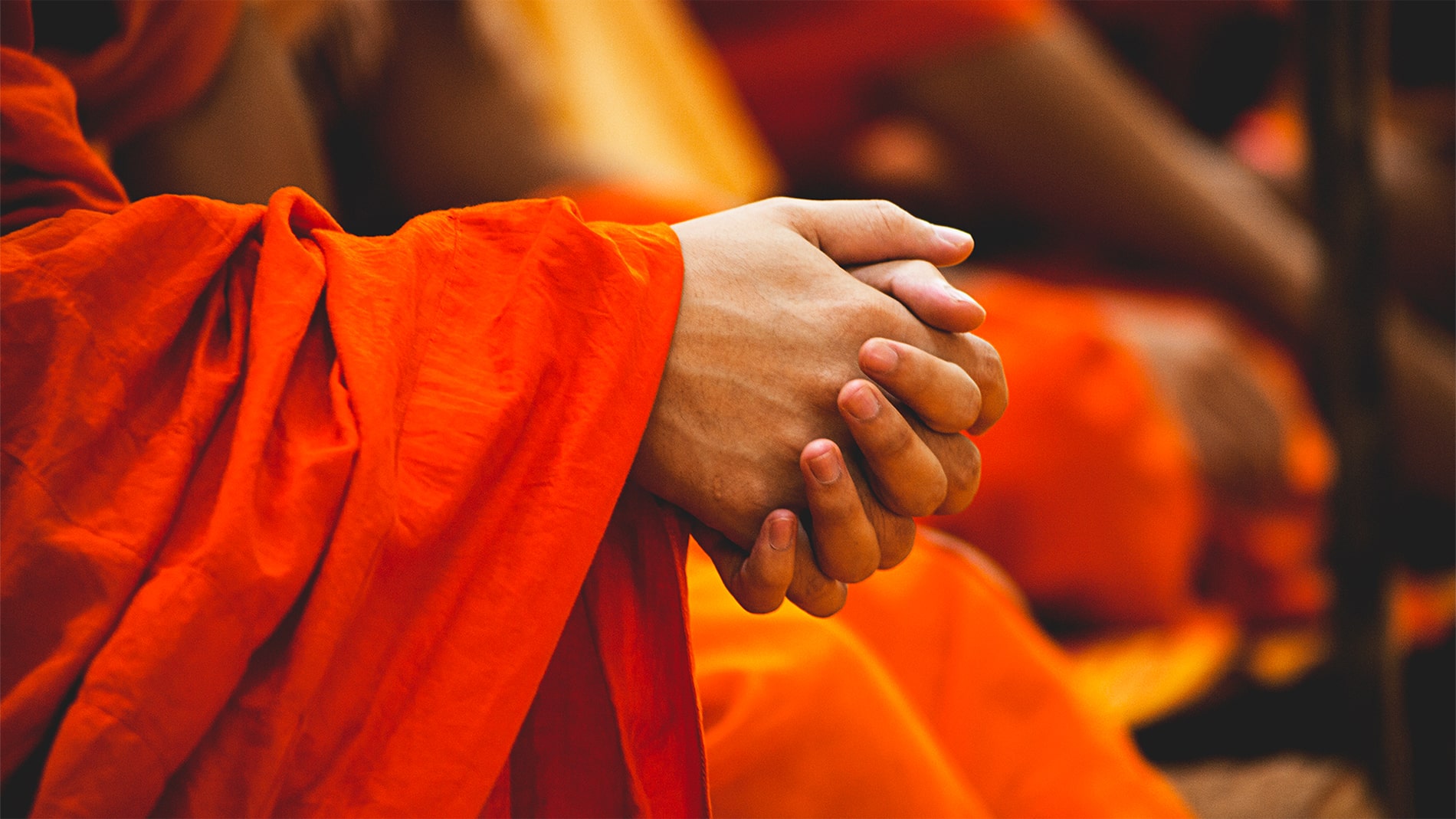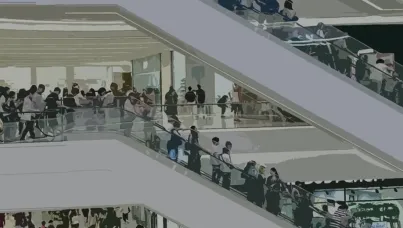World Luxury Tracking 2019

In an uncertain world where values continuously shift, luxury is becoming a sanctuary. Affluents from all over the world are becoming more and more knowledgeable about goods and services. More than ever, they wish to have access to an exceptional level of quality and creativity, but also to sustainable products. This demand for sustainability underscores a quest for authenticity, but also for meaning and for ethical and ecological commitments.
The World Luxury Tracking is Ipsos’ landmark study on the global luxury market. Every year, this tracker highlights the different trends within a key geographic zone, enabling a better understanding of consumer expectations and local cultures in a world of perpetual reinvention, while remaining rooted in traditional know-how. The 2019 wave covers the pillar countries of luxury consumption: China, US, and Europe’s top 5 of France, Italy, Germany, Great-Britain and Spain. The results are compared to the previous waves in 2017 for Europe and US and in 2018 for China.
This year, the quest for exclusivity is getting stronger and encompasses a quest for long-lasting quality, digital fluidity and creative boldness, all while looking for more ethical means of production.
Key figures
- Affluents consider luxury goods to be products that last: This is true for 84% of affluents we surveyed across three zones (+6 points compared to previous waves).
- The buying journey is evolving: the second-hand market is developing in every zone, particularly in the US (+11 points vs 2017) and in Europe (+9 points). This year, and for the first time, reluctance to purchasing luxury goods online is fading in Europe, where the share of luxury goods bought online is now similar to the US.
- Luxury consumers look for significant creative value, with bold, new and unseen products: according to 81% of respondents (+7 points) and is particularly important in Europe (+9 points vs previous waves).
- There is a strong demand for ethical and ecological commitment in luxury - especially in China where 90% of surveyed affluents express this, and among millennials in all locations.
- As they define luxury with their words and images – affluents display a desire to reconnect with what is essential, and what they consider to be true values, such as time, meaning, others and nature.


